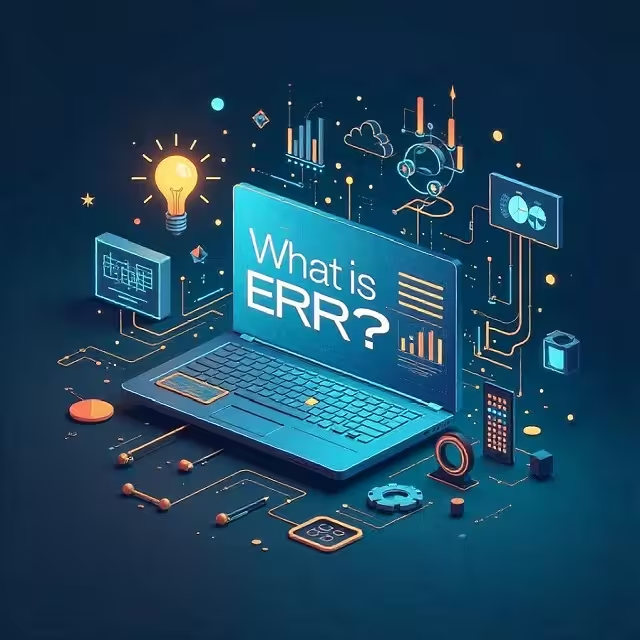What is ERP? A Simple Guide to Enterprise Resource Planning
If you’ve ever wondered how big companies keep everything running smoothly, from managing inventory to processing payroll, you’ve likely come across the term ‘ERP’. But what is ERP? And why is it so important for businesses?
ERP (Enterprise Resource Planning) is a type of software system that helps businesses manage their daily operations in one place. Instead of using separate programs for accounting, HR, supply chain, and customer management, an ERP system brings all these functions together, making everything more efficient and connected.
Think of an ERP system like a central nervous system for a business. It ensures that different departments can share information, work together seamlessly, and avoid miscommunication. .
How ERP Software Works
At its core, ERP software collects data from various departments and stores it in a central database. This allows employees to access real-time information and make better decisions. For example: .
Key ERP Modules
One of the biggest advantages of an ERP system is its modular structure, allowing businesses to select only the features they need. Here are some essential modules:
ERP Deployment: On-Premise vs. Cloud ERP
When it comes to ERP deployment, businesses can choose between two main options: .
Many businesses are now choosing cloud ERP solutions because they require less maintenance and allow remote access.
The Role of AI in ERP
With advancements in technology, ERP AI is becoming more common. Artificial intelligence can help businesses automate routine tasks, predict trends, and improve decision-making. For example, AI-powered ERP systems can analyze past sales data to forecast demand, helping companies stock the right amount of products.
ERP Integration: Connecting Your Business Tools
A great ERP system doesn’t work in isolation. It needs to connect with other software. ERP integration allows businesses to link their ERP software with tools like e-commerce platforms, payment systems, and customer support software. This improves workflow efficiency and reduces manual work.
Examples of ERP in Action
To understand how ERP benefits real businesses, here are some ERP examples:
Is ERP Right for Your Business?
Whether you run a small business or a large corporation, an ERP software system can help improve efficiency, reduce errors, and support growth. The right ERP solution depends on your company’s size, industry, and specific needs.
By understanding what ERP is and how it works, businesses can make informed decisions about implementing an ERP system that suits their operations. Especially Bigsun ERP. With the right approach, our software can be a game-changer for your organization!


